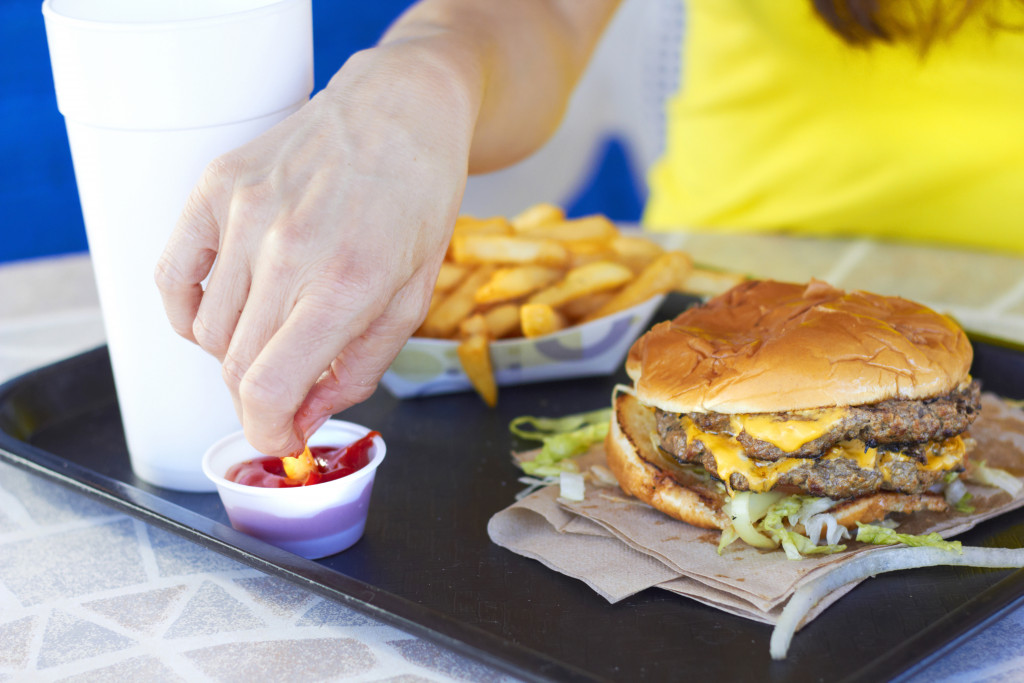The pandemic has had a devastating effect on the restaurant industry. Many restaurants have closed their doors permanently, and those that remain open are struggling to stay afloat. In addition, the pandemic has caused a decrease in customers, as people are either working from home or are afraid to go out in public.
This has resulted in a decrease in revenue for restaurants, which has forced many of them to lay off employees or even close their doors altogether. The pandemic has also caused a shortage of certain food items, as suppliers cannot keep up with the demand. The inability to keep up with demand has made it difficult for restaurants to obtain the ingredients they need to make their dishes and has led to an increase in prices.
However, one sub-sector of the industry is mainly unaffected by the pandemic, and that sector is food trucks.
Food Trucks During the Pandemic
Food trucks miraculously endured and survived the pandemic better than traditional restaurants did.
The global pandemic has forced people to change how they live and work. People are now working from home, which has caused a decrease in foot traffic for businesses. This decrease in foot traffic has had a devastating effect on businesses, especially small businesses, and restaurants.
While the pandemic has forced people to change their habits, it has also created new opportunities for food trucks. The lack of foot traffic has made it difficult for traditional restaurants to survive, but food trucks have been able to adapt and continue operating relatively unaffected.
One of the reasons food trucks have been so successful during the pandemic is that they are mobile. This allows them to go where the people are rather than rely on people coming to them.
Another reason is that food trucks are typically less expensive than traditional restaurants, making them more appealing to customers trying to save money.
The pandemic has also created a new market for food trucks, as people are now working from home and are looking for lunch options that food trucks can deliver to their doorstep.
So if you want to start a food truck, now is a great time to do so. Here are some essentials you’ll need when starting one.

Plan Out Your Menu
The first step in starting a food truck is to plan out your menu. You’ll need to decide what dishes you’re going to serve and how much each dish will cost.
You’ll also need to make sure you have enough ingredients on hand to make your dishes. Getting the right ingredients can be pretty tricky, as the pandemic has caused a shortage of many food items.
You’ll also need to consider the cost of labor when planning your menu. With the current state of the economy, you may want to consider hiring fewer employees or using automation to keep your costs down.
Get a Food Truck
The next step is to get a food truck. There are two ways you can do this. First, you can buy a used food truck for cheap, and second, you can buy a trailer and turn that into your food truck.
Buying a used food truck is an excellent option if you’re on a budget, as you can find them for as little as $5,000.
Another option is to buy a trailer and turn that into your food truck. There are many robust trailers for sale now and at a reasonable price. They are a great option if you already have a vehicle that can tow the trailer, as it will save you money on fuel costs. Plus, they are a lot more spacious!
Get the Right Equipment
The next step is to get the right equipment for your food truck.
You’ll need to make sure you have a fridge, freezer, and oven and all the pots, pans, and utensils you’ll need to make your dishes.
You’ll also need to get a cash register, as well as a point of sale system that can accept credit cards. Another essential piece of equipment you’ll need is a generator. It will ensure that you have enough power to run all of your equipment, even if there’s a power outage.
Get Insured
The next step is to get your food truck insured. This will protect you if something goes wrong with your truck or someone gets sick from eating your food.
There are many different types of insurance you can get, so be sure to do your research and find the right policy for your food truck.
Get a License
The final step is to get a license for your food truck. This will allow you to operate legally, and it will also give you access to certain areas that you wouldn’t be able to park in without a license.
Getting a license can vary from state to state, so be sure to check with your local authorities to find out what the requirements are.
Starting a food truck can be a great way to earn a living, especially during these difficult times. By following these steps, you’ll be on your way to starting a successful food truck.
